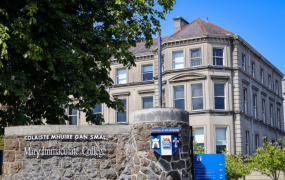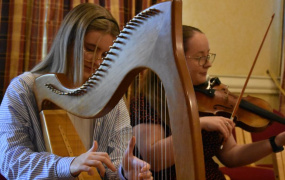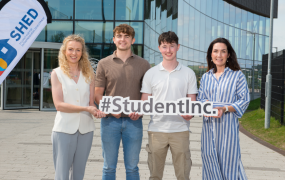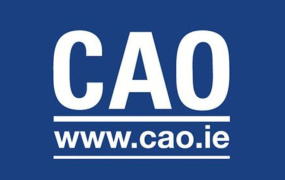History
About
History can be taken as part of the MIC Arts Degree as a joint honours combination.
You are curious about the world. You would like to understand the past and how it affects today’s society. You realise that in order to understand today, you must look back. You want to develop a deeper understanding of our connection to the past and in so doing, develop a greater understanding of the present. This will mean understanding people, events and societies in the past. To accomplish this, you are open to working with original sources and to reading the works of leading historians. You are excited about engaging in research and participating in discussion and debate.
At MIC, the study of history is not just about discovering what happened in the past, it is also concerned with understanding and interpreting the past. What were the consequences of the invention of printing? Why were there so many witch trials in the 17th century? What caused the American Revolution of the 1770s? How did the lives of women change in 19th century Europe? Why did a world war break out in 1914? How should we interpret the 1916 rising? History is exciting because historians rarely agree. So, history at third-level is about joining the debate. At MIC, a team of experienced historians will introduce you to the skills necessary to undertake historical research, to present your findings effectively, and to contribute to historical debates.
The Department of History offers a range of modules with the main concentrations on Irish history from the medieval period to the present day, European history from the 16th century to the late 20th century and North American history from the colonial era to the contemporary period. In addition to general survey courses, the department offers specialist modules which draw directly on the research expertise of staff. These include modules in aspects of political, social and cultural history,including courses on Irish migration, unconventional warfare, death and the afterlife, kingship in medieval Ireland and the social and political history of modern Ireland.
Using a range of innovative teaching methods, from small-group discussions to larger lectures, we provide a student-centred environment in which critical thinking skills are encouraged and cultivated. Students also have the opportunity to undertake a dissertation in history. This involves working with primary sources and fostering the development of high-level research and analytical skills.
History graduates find work in a wide range of careers, including:
- Teaching at primary and secondary levels (Professional Master's of Education required)
- Archives, Libraries and Museums
- Arts Administration, Heritage and Tourism
- Publishing and journalism
- Public Service
- Third-level Teaching and Administration
- International and European Organisations
- Charity/NGO Sector
The skills acquired in the process of doing a History degree are widely applicable and are attractive to all kinds of employers: many history students have gone on to work in business, finance, management, politics, law and the arts.
- MA History
- MA Local History
- MA/PhD Research
- About







